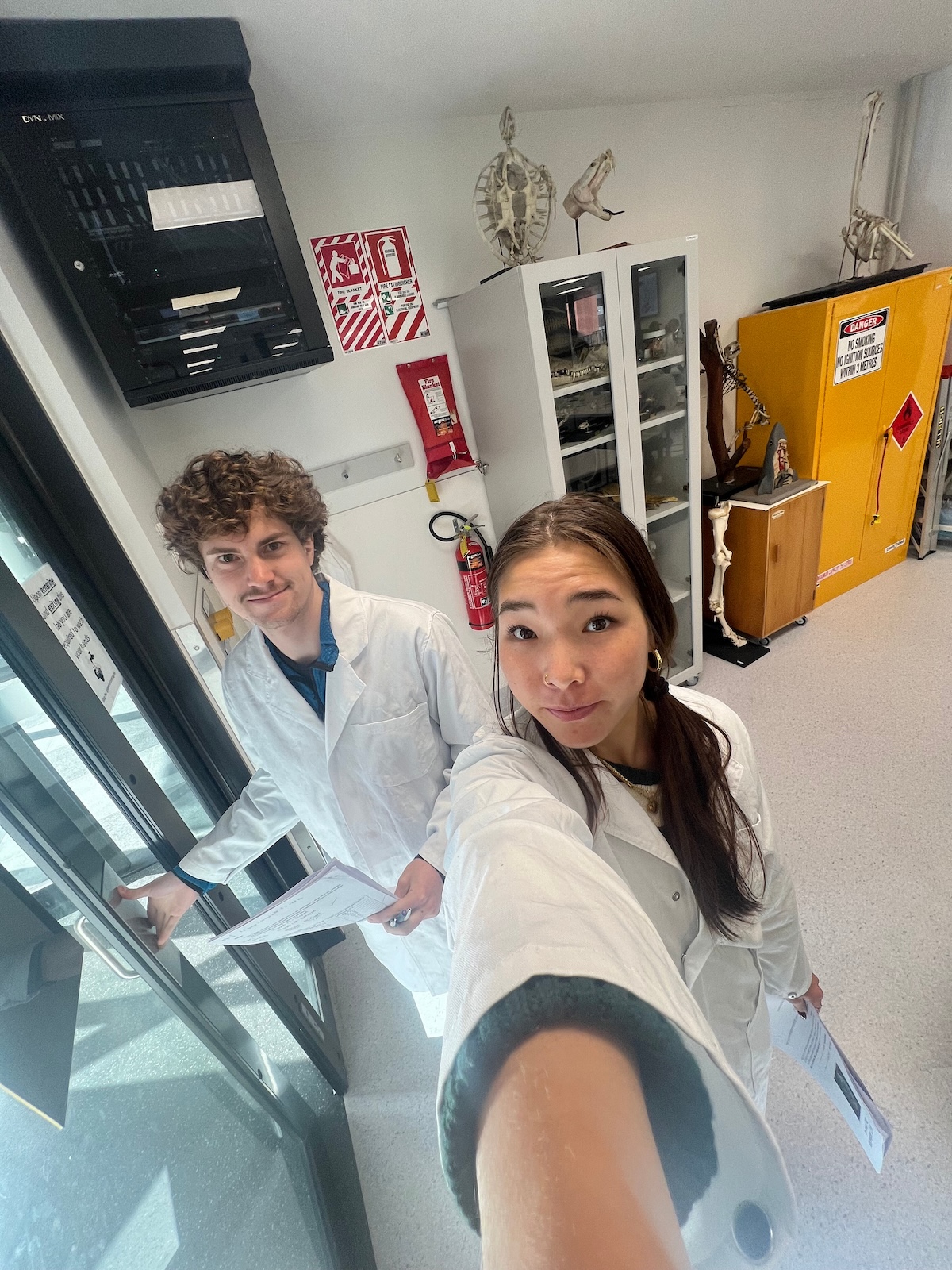Paid Work During Study Abroad: Visas, Part-Time Jobs and Time-Management Tips


Study abroad gives students the chance to explore a new culture, expand their academic experience, and build lifelong connections. But for many, there’s also an important question:
Can I work while I study abroad?
The answer depends on where you go and what your visa allows. In this guide, we’ll cover the essentials, from visa rules to part-time jobs, and tips for balancing work with study, so you know what to expect before you pack your bags.
Why work while studying abroad?
Studying abroad is an incredible opportunity to experience a new culture, meet people from around the world, and pursue your academic goals. Being able to work while abroad adds even more value. A part-time job or internship (paid or unpaid) can provide professional experience, build global connections, and strengthen the skills that employers look for.
Just as importantly, earning income overseas can make the entire experience more affordable. For many students, this reduces financial barriers and turns study abroad from a dream into an attainable reality. Of course, planning ahead is just as crucial. To help you budget before you arrive, our guide, Is Study Abroad Too Expensive? Understanding the Cost and How to Budget breaks down typical costs and shows how to prepare financially.
Understanding visas and work rights
Your ability to work abroad depends on the visa policies of your host country, and these can change over time. Some destinations make it straightforward for students to work during the semester, while others have stricter limits or require additional permits. Because rules vary and can shift quickly, the best starting point is IFSA’s Visa Requirements page, paired with official government resources.
Seven countries that welcome working students

- New Zealand. New Zealand recently announced a major update to student work rights. Starting November 3, 2025, the government will allow all students on approved exchange or study abroad programs, including those in the country for one semester, to work up to 25 hours per week per semester.
From spring 2026 forward, all students in IFSA programs in New Zealand will have the choice to work, opening doors to real-world experience, stronger connections with locals, and greater financial independence. This change doesn’t just offset day-to-day costs, it helps make the entire study abroad experience more financially accessible.
- Australia. The land down under has long been a popular destination for students who want to combine academic study with part-time work. International students are allowed to work a limited number of hours during the semester, with the flexibility to take on more during breaks. Many find work in hospitality or retail, but internships connected to career goals are also common.

- United Kingdom. In the UK, students with the right visa permissions can work part-time during term and full-time during breaks. Opportunities range from on-campus roles to off-campus internships in sectors like business, media, or research.
- Ireland. Ireland also welcomes student workers, particularly for programs that last longer than a semester. Work hours are generally limited during term but expand during holidays, which gives students flexibility to gain experience while keeping academics a priority.
- Czech Republic. Prague is a dynamic location for career-building. Students are permitted to find part-time work, and IFSA supports career accelerators and internships. Over the semester, teams develop business ideas, test them, and present their solutions to real companies for feedback.

One option available to all students in working with DEMOLA, a professional hands-on career opportunity project that is a standout way to connect with locals and add résumé-worthy experience. Note: It is separate from IFSA’s Tech Career Accelerator Challenge Project.
- Argentina. Argentina also offers pathways to meaningful work and internships, from research to education to public health. Students have partnered with organizations like the Red Cross to serve local communities.
“This was definitely one of the coolest experiences I’ve ever had, and I really enjoyed such a hands-on learning opportunity with my internship.” Sarah H, IFSA Argentine Universities program, Colorado College
How to balance work, study, and exploration
The benefits of working abroad are significant, but balance is key. Studying abroad is, first and foremost, an academic experience. Students who thrive abroad often manage their time carefully, making space for classes, study, work, and exploration. Choosing opportunities that align with personal or professional goals makes the time commitment more worthwhile, while keeping hours manageable ensures you still have space to fully experience local culture.
Benefits and considerations of working abroad
Working while you study abroad offers much more than extra income. It provides the chance to build global career skills, expand professional networks, and deepen cultural immersion in ways that strengthen your future opportunities. For paid opportunities, it also helps lower the financial barriers that can make studying overseas difficult, easing the overall cost of the experience.
With thoughtful planning and awareness of visa restrictions, internship structures, and the importance of balancing academics, working abroad can become one of the most rewarding parts of an international education.
Start your journey
From New Zealand to England, opportunities to work abroad are more accessible than ever. These experiences enrich your semester, connect you to local communities, and prepare you for a career that values global skills.
To learn more about your options, review program-specific opportunities. With the right preparation, working while you study abroad can be one of the most transformative parts of your international journey.